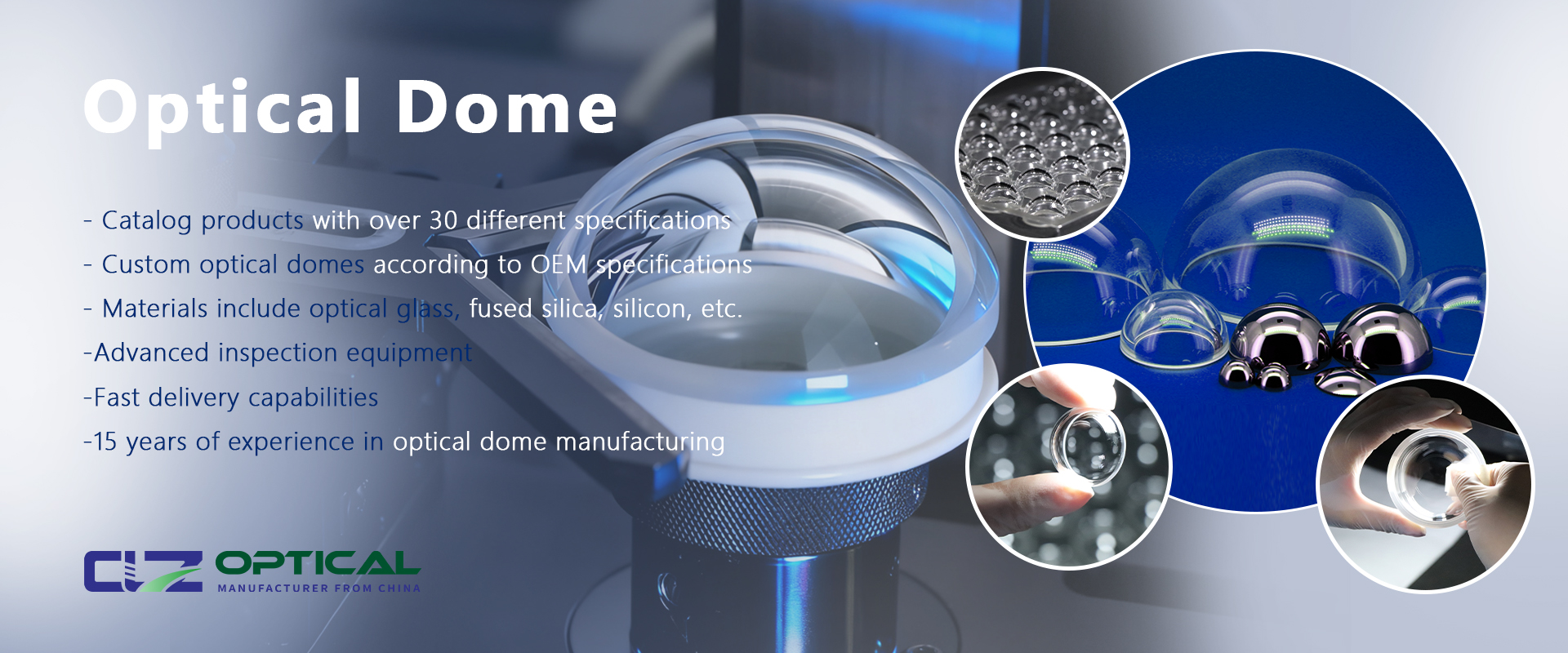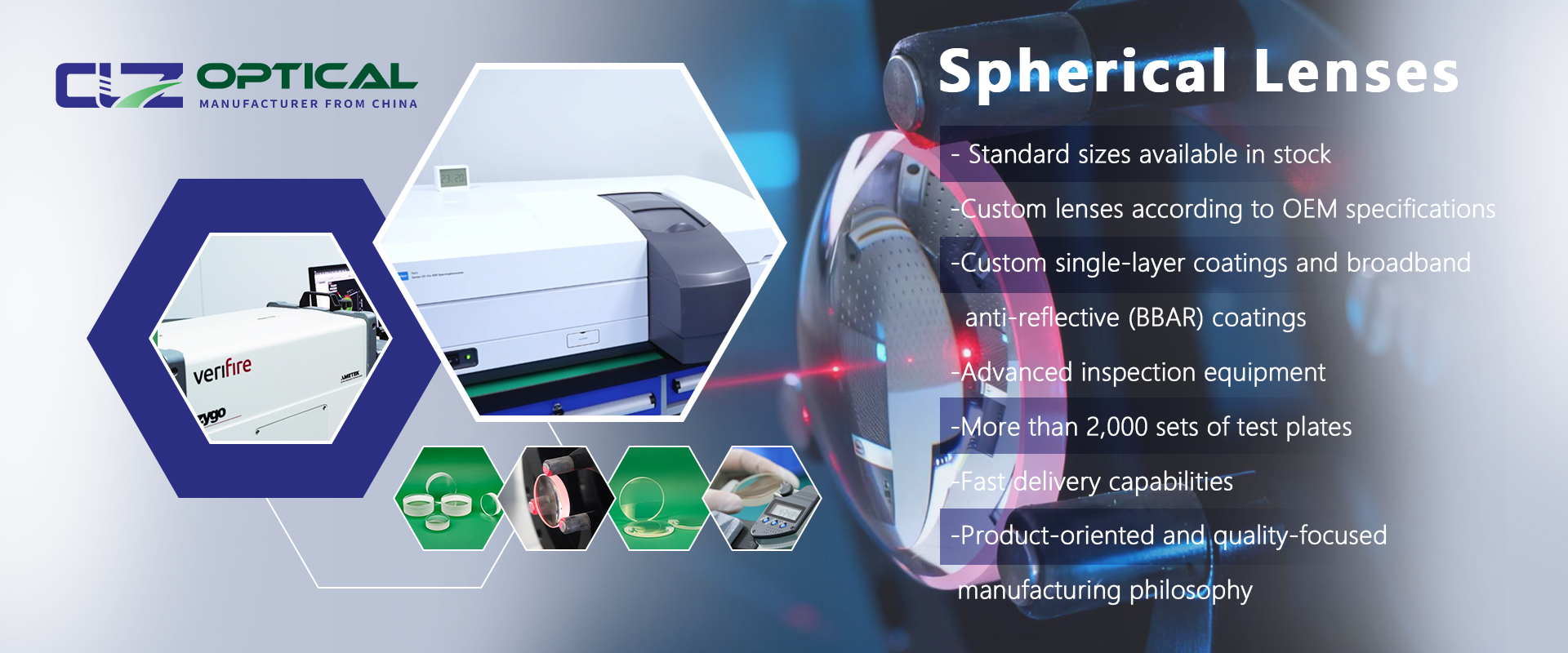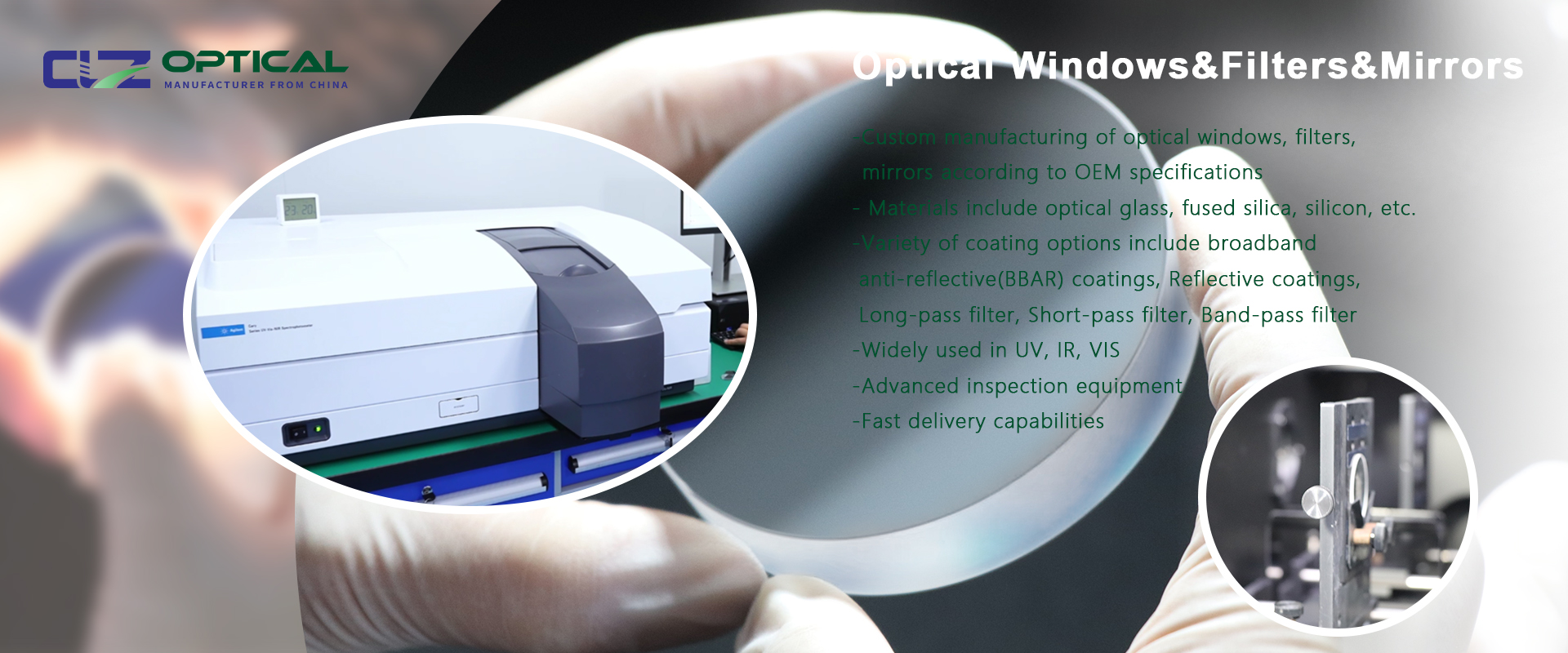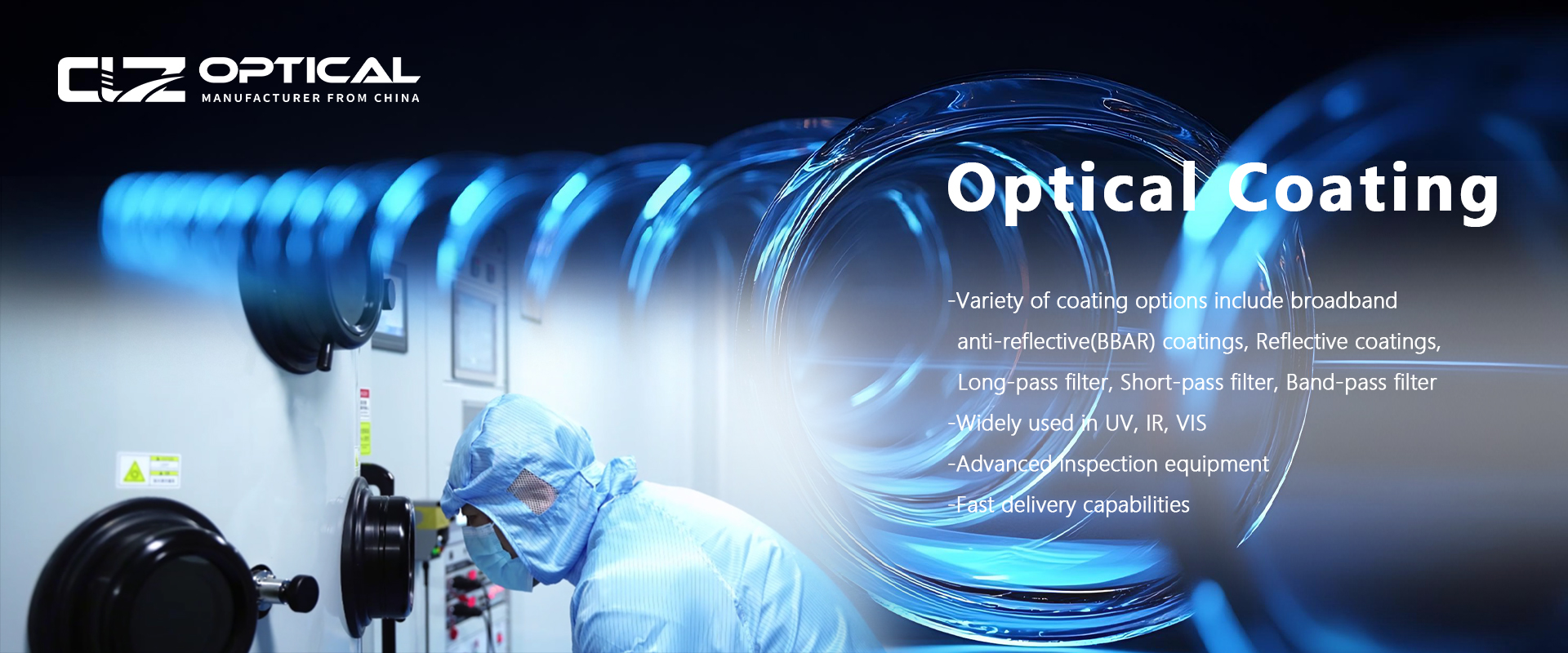Optical Mirrors For Every Application
Jul. 16, 2024
Optical mirrors are integral components in a myriad of applications, from simple reflective surfaces in everyday devices to complex systems in scientific research. This article explores the diverse world of optical mirrors, detailing their types, applications, and key considerations for businesses and professionals in various industries.
What Are Optical Mirrors?
Optical mirrors are surfaces that reflect light to form images or direct beams of light in desired directions. Unlike regular household mirrors, optical mirrors are designed with precision to meet specific optical requirements, ensuring minimal distortion and maximum reflectivity for various wavelengths.
Types of Optical Mirrors
- Plane Mirrors: These are flat mirrors that reflect light without altering the size or shape of the reflected image. They are commonly used in everyday devices like periscopes and car rearview mirrors.
- Spherical Mirrors: These mirrors have curved surfaces, either concave or convex, and are used to converge or diverge light beams. They are essential in telescopes, optical instruments, and imaging systems.
- Parabolic Mirrors: With a parabolic shape, these mirrors focus parallel light rays to a single point, making them ideal for applications like telescopes and satellite dishes where precise focusing is crucial.
- Dielectric Mirrors: These mirrors are coated with multiple layers of dielectric material, providing high reflectivity over a specific range of wavelengths. They are often used in lasers and optical filters.
- Metallic Mirrors: These mirrors are coated with reflective metals like aluminum or silver, offering broad-spectrum reflectivity. They are versatile and used in applications ranging from everyday use to scientific instruments.
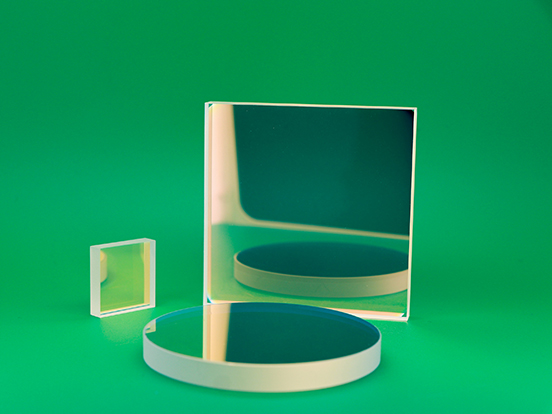
Applications of Optical Mirrors
Scientific Research and Laboratory Equipment
Optical mirrors are foundational components in scientific research. They are used in microscopes, telescopes, spectrometers, and laser systems to direct and focus light precisely. Their ability to handle specific wavelengths and intensities makes them indispensable in experiments and measurements.
Medical and Healthcare Devices
In the medical field, optical mirrors are crucial in diagnostic equipment such as endoscopes and ophthalmoscopes. They help in directing light to illuminate and visualize internal organs and structures, facilitating accurate diagnoses and treatments.
Industrial and Manufacturing Processes
Optical mirrors are employed in various industrial applications, including laser cutting, welding, and machine vision systems. Their precision in directing and focusing laser beams enhances the efficiency and accuracy of manufacturing processes.
Consumer Electronics and Displays
From smartphones to projectors, optical mirrors are integral to the functioning of many consumer electronic devices. They enable the redirection of light beams in compact spaces, enhancing the performance and versatility of these gadgets.
Defense and Aerospace
In defense and aerospace, optical mirrors are used in targeting systems, surveillance equipment, and satellite communication. Their ability to withstand harsh environments and deliver precise reflection is critical for mission success in these demanding applications.
Key Considerations When Choosing Optical Mirrors
Reflectivity and Wavelength Range
When selecting optical mirrors, it is essential to consider the reflectivity and the specific wavelength range they will be used with. Different coatings and materials offer varying levels of reflectivity across different wavelengths, impacting the mirror's performance in your application.
Surface Quality and Precision
The surface quality of an optical mirror is crucial for minimizing distortions and ensuring accurate reflection. Factors such as surface flatness, roughness, and defects should be evaluated to match the requirements of the intended application.
Environmental Durability
Optical mirrors used in harsh or sensitive environments need to withstand factors such as temperature variations, humidity, and chemical exposure. Choosing mirrors with appropriate coatings and materials can enhance their durability and longevity in such conditions.
Choosing the Right Supplier for Optical Mirrors
Quality and Compliance
A reputable supplier of optical mirrors should provide products that meet rigorous quality standards and industry certifications. Ensuring compliance with specifications and performance criteria is vital for achieving reliable and consistent results in your applications.
Customization and Technical Support
Optical mirror requirements can vary significantly across different applications. Working with a supplier that offers customization options and technical support can help tailor solutions to your specific needs, ensuring optimal performance and integration.
Conclusion: The Versatility of Optical Mirrors
Optical mirrors are versatile components that play a critical role in a wide range of applications. Whether in scientific research, medical diagnostics, industrial processes, or consumer electronics, their ability to direct and control light with precision is invaluable.
For businesses and professionals looking to integrate optical mirrors into their projects or products, partnering with a trusted supplier is essential. Contact us today to discover how our high-quality optical mirrors can meet your specific requirements and enhance your application’s performance.












